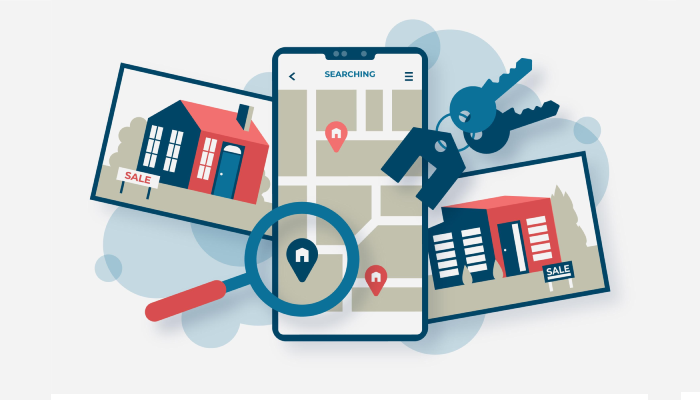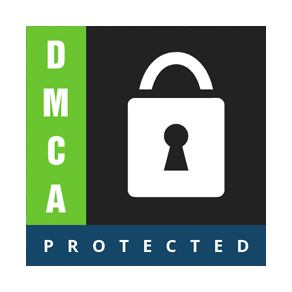In the real estate world, location is everything—and that applies to your marketing too. Local SEO (Search Engine Optimization) helps your website and content appear when people in your area search for homes, agents, or real estate advice. Whether you’re an agent, broker, or firm, mastering local SEO tips for real estate can significantly increase your visibility, leads, and client base.
This guide walks you through proven strategies to rank higher in local searches and attract more qualified leads.
Local SEO Tips for Real Estate
1. Claim and Optimize Your Google Business Profile
Why It Matters:
Google Business Profile is a major ranking factor for local searches like “real estate agents near me.”
What To Do:
- Claim your Google Business Profile (GBP)
- Add accurate name, address, phone number (NAP)
- Select relevant categories like “Real Estate Agent” or “Real Estate Agency”
- Add high-quality photos of yourself, your office, and listings
- Encourage clients to leave 5-star reviews
2. Use Location-Specific Keywords
Why It Matters:
Keywords like “homes for sale in Miami” help you rank for searches that include your local market.
What To Do:
- Use your city or neighborhood in blog titles, meta descriptions, and page content
- Include location in image alt text and URLs
- Create separate landing pages for different neighborhoods or zip codes you serve
3. Optimize Your Website for Mobile
Why It Matters:
Most homebuyers use their phones to search. Google also gives mobile-friendly sites a ranking boost.
What To Do:
- Use a responsive design that adjusts to all devices
- Make sure your site loads fast (under 3 seconds)
- Avoid pop-ups that block content on mobile
4. Get Listed in Real Estate Directories
Why It Matters:
Local directories help build authority and trust, and boost backlinks to your site.
What To Do:
- Submit your business to directories like Realtor.com, Zillow, Homes.com, and Yelp
- Use consistent NAP across all listings
- Include a link back to your website
5. Create Location-Focused Content
Why It Matters:
Google rewards useful, relevant content that matches local search intent.
What To Do:
- Write blogs like “Top 5 Neighborhoods to Buy a Home in [City]”
- Share market updates, school district guides, or local lifestyle tips
- Embed maps and local images to boost geographic relevance
6. Use Schema Markup for Local SEO
Why It Matters:
Schema helps search engines understand your content and display rich results like reviews or events.
What To Do:
- Add LocalBusiness schema to your homepage
- Include real estate-specific schema for listings (address, price, etc.)
- Use tools like Google’s Structured Data Markup Helper

7. Build Local Backlinks
Why It Matters:
Links from other local businesses or news sources help improve your domain authority and rankings.
What To Do:
- Partner with mortgage brokers, builders, or local blogs for content swaps
- Sponsor local events or charities and request a backlink
- Submit guest articles to local publications
8. Encourage Online Reviews
Why It Matters:
Reviews improve your visibility on Google Maps and build trust with prospects.
What To Do:
- Ask happy clients to leave reviews on Google, Zillow, and Facebook
- Respond professionally to all reviews
- Use a review platform like Birdeye or Podium to manage and request reviews
9. Create Community Pages on Your Site
Why It Matters:
Community pages allow you to rank for very specific long-tail searches like “homes near [High School] in Austin.”
What To Do:
- Build dedicated pages for each neighborhood or development
- Include market stats, maps, nearby schools, and your own insights
- Add CTAs like “See Available Homes” or “Schedule a Tour”
10. Track Performance with Google Tools
Why It Matters:
You need to know what’s working to adjust your local SEO strategy.
What To Do:
- Use Google Analytics to track traffic sources and bounce rate
- Use Google Search Console to see what keywords you’re ranking for
- Monitor your Google Business Insights for local performance data
Conclusion
Local SEO isn’t just a one-time setup—it’s an ongoing effort that builds authority and brings in consistent, targeted traffic. By following these local SEO tips for real estate, you’ll improve your online presence, stand out from the competition, and most importantly—attract serious buyers and sellers in your area.
Read More 10 Best Ways To Get Clients in Real Estate
FAQ’s
Neighborhood guides, local market updates, and real estate blogs targeting your service area improve local visibility.
Use city or neighborhood names alongside real estate terms like “homes,” “realtor,” or “property for sale.”
It shows your business in local searches and Google Maps, boosting your visibility and trust with nearby clients.






